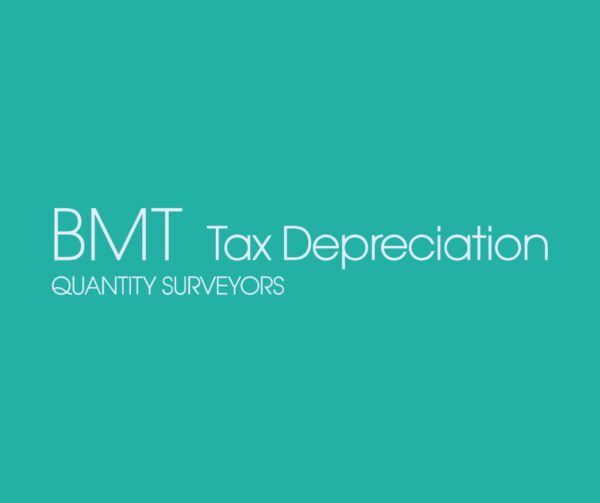If the past year has taught us anything, it’s that life can change overnight. Never has effective leadership of organisational change been more critical than in today’s evolving workplace.
Organisations have not only had to adapt to changes in their external business environment, local and global economies and technological advancements but when you throw a global pandemic into the mix, it can be a recipe for disaster.
It’s more important than ever for organisations to develop and implement effective organisational change management systems in order to avoid any ugly hangovers for the organisation, and the people within it.
Clearly define the organisational change
It might seem obvious, but organisations often miss this vital first step – addressing what needs to change and why. Here, we’re talking straight-forward, Simon Sinek stuff!
This applies to any change, from a change in management, the implementation of a new IT system through to adopting a remote based workforce.
Once the need for change has been established, it’s important to work closely with employees and set clear goals so they understand how this change will be managed. This not only helps people adapt more readily to the change because they’ve been consulted throughout the process, but it also gives them clear and achievable milestones they can work towards.
Develop an organisational change plan
Organisational change for change’s sake isn’t effective – planning for change is the best way to ensure minimal impact on all those involved. A change management plan needs to clarify any business areas that will be affected, how the changes will impact employees, customers, suppliers and stakeholders and what is being done to help them through the change. This might involve offering training and support to employees as a way of ensuring a smooth transition while the change is being implemented.
Communicate consistently
As with any type of change, clear and consistent communication is key. Being open and transparent during the change process and establishing two-way communication helps employees feel part of the process. It also gives them the opportunity to express any concerns, feedback or ideas they might have in regards to the impending changes.
Even if you’re unable to answer employee questions immediately, it’s important that everyone feels seen and heard and knows that their concerns will be addressed and responded to. Equally important, is providing regular updates on the organisational change process to avoid rumours, eliminate uncertainty and provide reassurance to employees.
Remember, change doesn’t have an ‘end date’
Future proofing your change management plan is essential in ensuring there is minimal impact on employee morale in the long term. Long term initiatives might involve implementing an ongoing support and communication forum to help employees adjust to change, or perhaps a suite of Learning & Development modules to help them learn new skills they might need as a result of the change.
We must also remember that significant organisational change processes, particularly those resulting in restructures and redundancies will likely have an ongoing impact, with those left behind sometimes suffering from ‘survivor syndrome’ where remaining employees may feel guilt for keeping their job while their colleagues didn’t. This can lead to low employee morale and a lack of loyalty, as well as further staff turnover.
In order to stay ahead of any such effects, it’s important to consider the ongoing impacts any change will have on your organisation while also acknowledging the feelings of those left behind. Reminding people of the reasons for the change, as well as the impact and outcomes achieved will reinforce the necessity of the change, and the recognition that when managed well, change can be a good thing.




